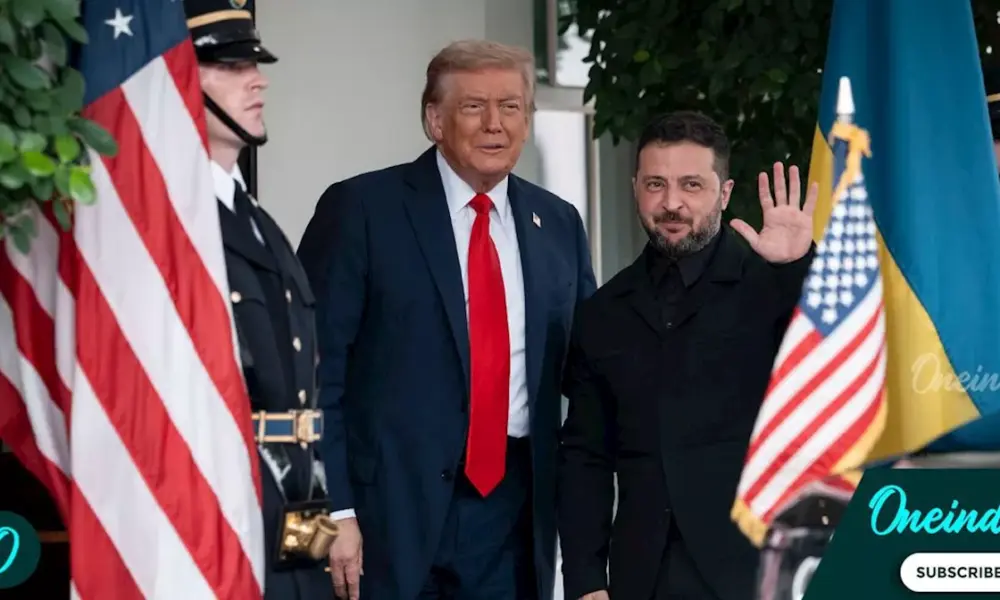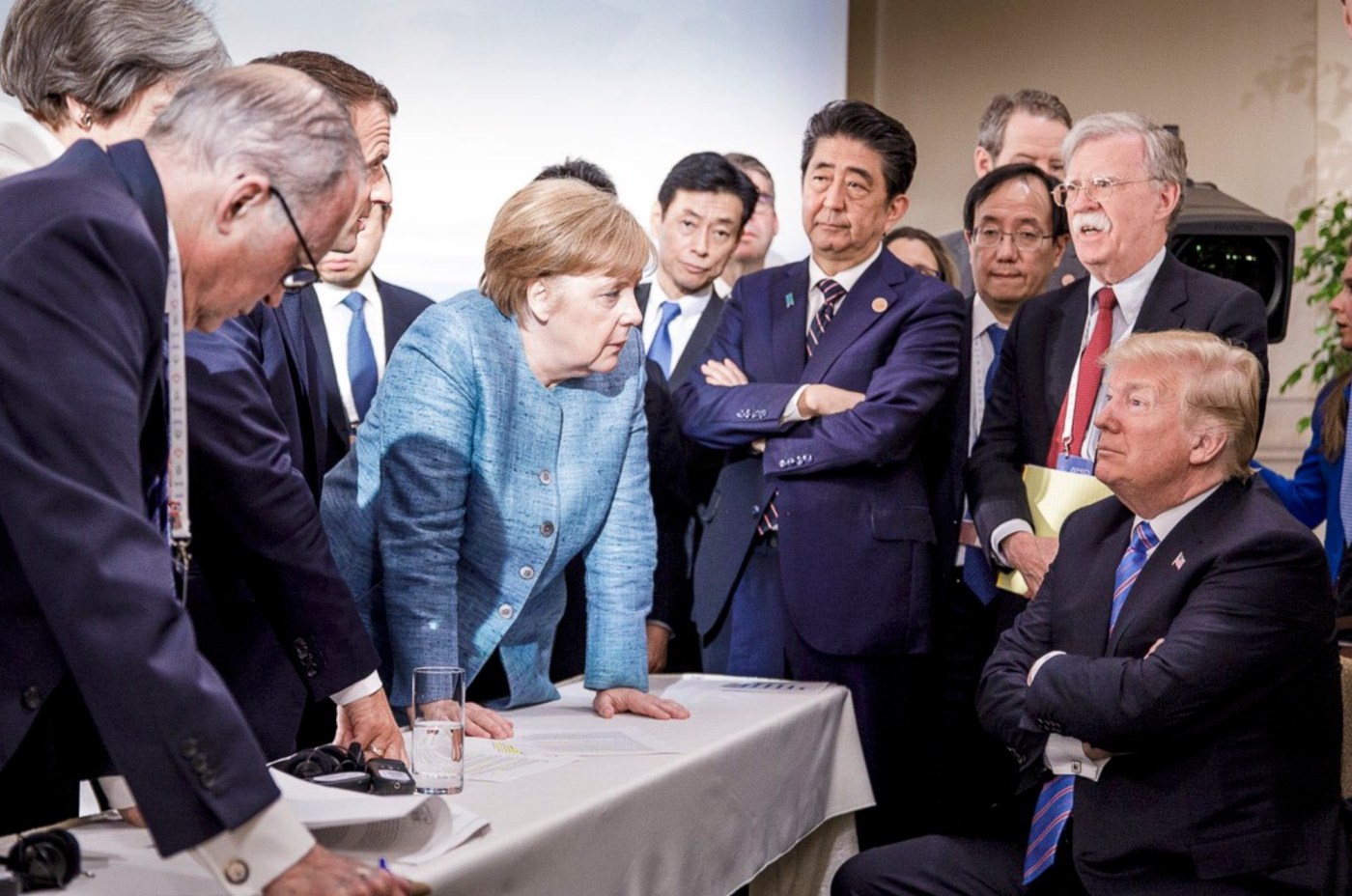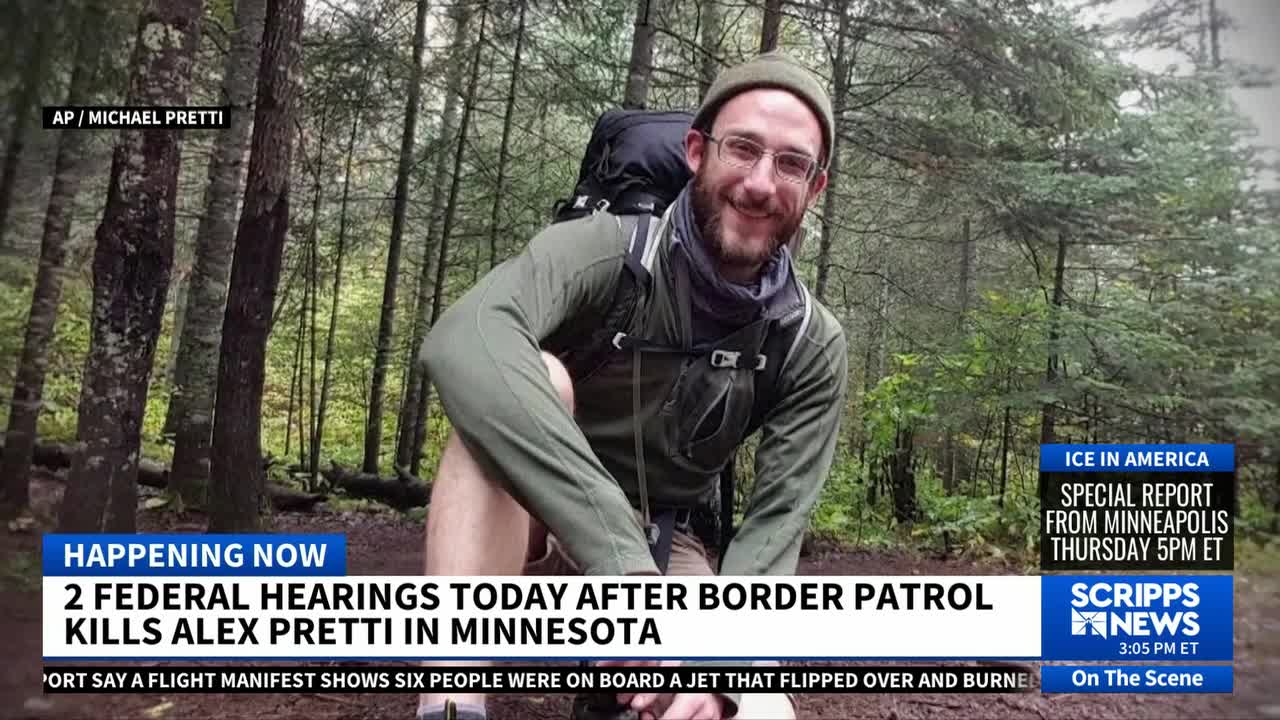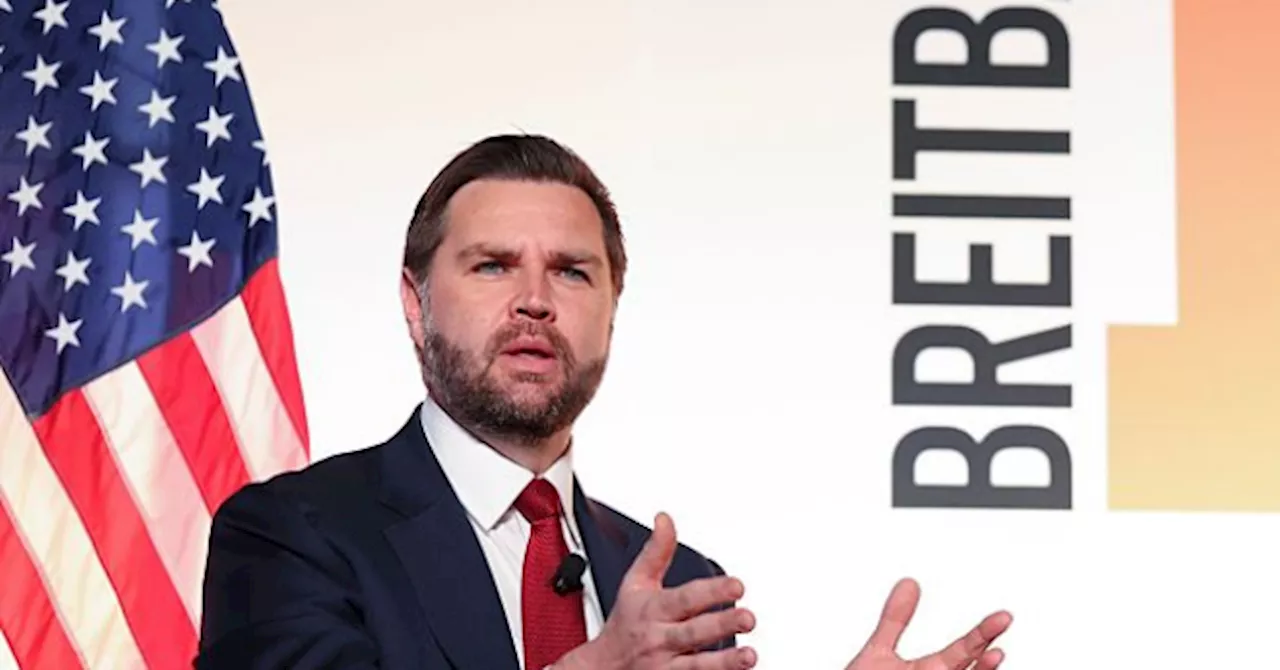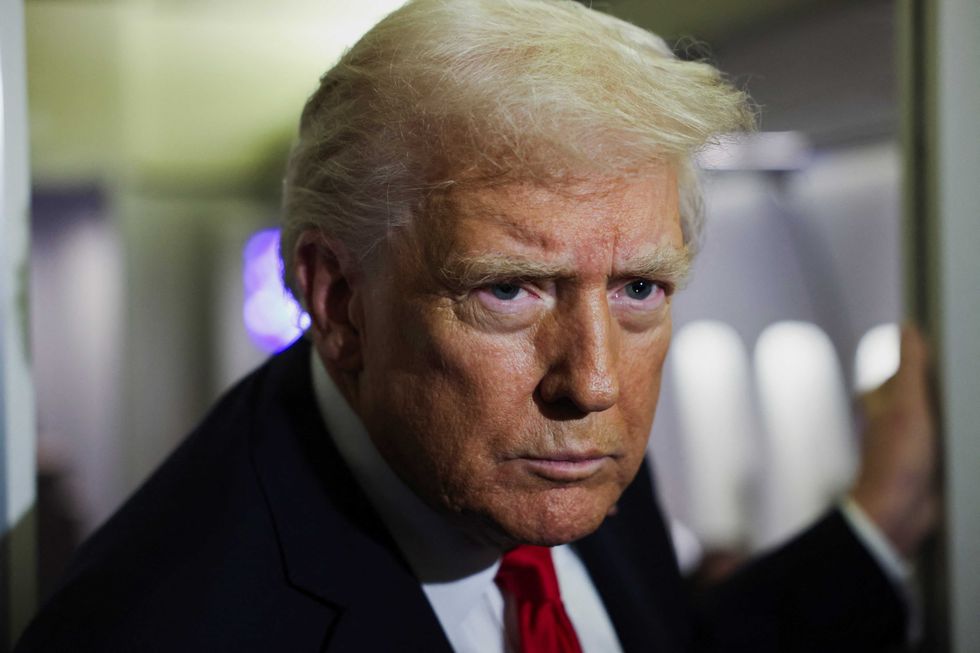Tensions between the United States and Colombia escalated as former President Donald Trump publicly accused Colombian President Gustavo Petro of being an “illegal drug leader.” In a social media post, Trump announced he would end U.S. aid to Colombia, citing the country’s ongoing drug operations and criticizing Petro’s governance. This sharp exchange is rooted in a recent U.S. military strike that Petro condemned as an act of aggression.
In his post, Trump characterized Petro as “low rated and very unpopular,” warning him to take immediate action against drug trafficking operations or face U.S. intervention. He shared a video clip of a boat engulfed in flames, which was linked to a U.S. operation on September 16, 2025. The strike reportedly killed three people, including Colombian fisherman Alejandro Carranza, who Petro claimed had no ties to drug trafficking.
Petro, responding to Trump’s accusations, defended his administration’s efforts to combat narcotics in Colombia, the largest producer of cocaine globally. He stated, “Trying to promote peace in Colombia is not being a drug trafficker,” and suggested that Trump was misled by his advisers. Petro described the former president’s remarks as “rude and ignorant” toward Colombia, emphasizing that his government is committed to fighting drug trafficking.
The Colombian Foreign Ministry condemned Trump’s statements as a “direct threat to national sovereignty,” highlighting the potential for increased friction between the two nations. Defense Minister Pedro Sánchez underscored Colombia’s commitment to combating drug trafficking, stating that the country has lost many lives in this battle.
Growing Tensions Over U.S. Military Actions
The clash between Trump and Petro reflects broader geopolitical tensions in Latin America, particularly as the U.S. has intensified its focus on Venezuela under President Nicolás Maduro. American military assets, including naval ships and drones, have been deployed in the region, which the Trump administration has characterized as part of an “armed conflict” against drug cartels. Following the latest U.S. strikes, Trump also hinted at potential covert operations inside Venezuela.
Despite Colombia’s long-standing status as a U.S. ally, the relationship has soured under Petro’s leadership. The Colombian president’s refusal to permit U.S. military flights has led to threats from Trump, including the revocation of Petro’s visa during his attendance at the U.N. General Assembly. The ongoing disputes have ramifications for U.S. funding, with Colombia receiving approximately $230 million in U.S. aid in the last fiscal year, down from over $700 million in previous years.
Petro’s government plans to pursue legal action against the U.S. for the September 16 attack. He has requested that Colombia’s attorney general initiate proceedings in international courts, asserting that the strike unlawfully invaded Colombian territory. Petro’s accusations highlight the complexities of U.S.-Colombia relations, especially amid a resurgence of violence in rural areas previously pacified by a peace agreement with insurgent groups.
The Consequences of Cutting Aid
Analysts warn that Trump’s decision to cut aid could undermine military cooperation and weaken Colombia’s ability to combat security challenges. Elizabeth Dickinson, a senior analyst at the International Crisis Group, expressed concern over the potential fallout, stating, “It is befuddling and profoundly unwise of the United States to alienate its strongest military partner in Latin America.” She emphasized that any reduction in U.S. support could strategically hinder Colombia’s military and police forces during a significant security crisis.
As the political landscape evolves, the implications of Trump’s remarks and the cessation of U.S. aid remain to be seen. Both countries are at a crossroads, with the potential for escalating tensions that could reshape their long-standing alliance.

